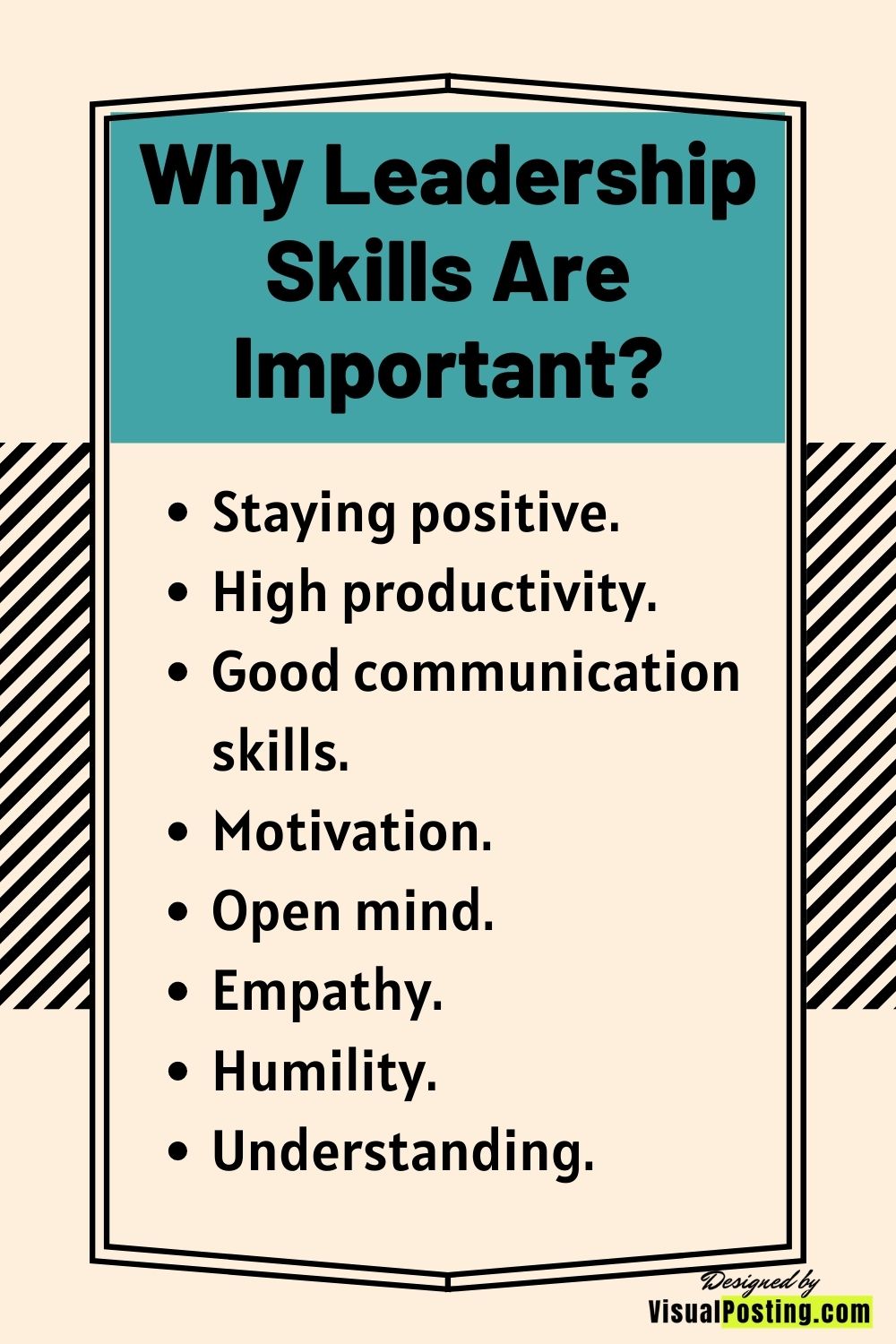In today's fast-paced and ever-changing environment, the field of leadership practices continues to develop, demanding a new set of skills that align closely with one’s core values. Successful leadership is no longer only about issuing commands and managing tasks; it is about cultivating an environment where confidence, collaboration, and growth can flourish. While professionals strive to make their mark, mastering the essential leadership skills has become paramount. If you are a seasoned manager or entering into a leadership role for the initial time, aligning your values with your leadership style can significantly enhance your capability and impact.
This article will examine the top 10 leadership skills that all professional should master, providing insights into how to develop strong decision-making abilities, harness the power of emotional intelligence, and communicate clearly with your team. From Lifelong learning and active listening to strategic thinking and ethical integrity, we will explore the core competencies that not only define successful leaders but also foster a culture of empowerment and innovation. By honing these skills, you can inspire and motivate your team, leading not just by authority but by setting an example of genuine leadership.
Crucial Leadership Skills

Successful management relies on a ensemble of essential skills that allow leaders to navigate their groups toward success. One of the core skills is effective decision making, which allows leaders evaluate conditions and formulate knowledgeable decisions that correspond with their group's objectives. Developing this ability requires experience in critical thinking, ensuring leaders can review alternatives in-depth and predict likely outcomes. Additionally, managers cultivate emotional intelligence, enabling them to comprehend and manage their emotional responses while efficiently sympathizing with team members. This fusion not only boosts choices but also nurtures a supportive team culture.
Another important ability is proficient conveyance, which acts as the foundation of great management. Clear, direct conveyance assists bridge divides between managers and their units, encouraging clarity and insight. Managers must develop different ways of communication to adapt to distinct situations, such as offering critique, motivating, or resolving issues. In addition to conveyance, versatility is vital in modern quick landscape. Guides must be receptive to adapt, pivoting approaches when necessary to address changing demands and obstacles while motivating their teams to embrace flexibility.
Creating trust is an often overlooked but important skill for any manager. Trust establishes a safe space where team players can share themselves and participate fully without fear of repercussions. Leaders can build trust through regularity, reliability, and honesty, reinforcing their devotion to the unit's goals. In addition to establishing trust is the ability to assign appropriately, which allows individuals by offering them ownership of assignments and responsibilities. This not only improves group performance but also encourages personal growth, setting the foundation for a integrated and high-functioning unit atmosphere.
Enhancing Core Skills
To cultivate efficient leadership, professionals must focus on the enhancement of essential competencies that directly affect their effectiveness and the performance of their teams. EQ is a cornerstone of great leadership, empowering leaders to relate with their team members on a deeper level. By grasping and controlling their own emotions while empathizing with others, leaders can cultivate a supportive work environment that encourages collaboration and resilience.
In addition to emotional intelligence, solid decision-making abilities are essential for a leader's achievement. This skill allows leaders to analyze situations critically, balancing options and potential outcomes before proceeding. By refining the capacity to make informed choices, leaders can direct their teams through difficulties, showing a blend of confidence and acumen that creates trust and respect.
Moreover, efficient communication plays a critical role in aligning teams with shared goals and values. Great leaders must not only communicate their vision effectively but also hear attentively to their team members. By embracing both verbal and body communication strategies, leaders can create a culture of honesty, encourage constructive feedback, and improve overall team dynamics, which is essential for long-term success.
Leading with Values
In the dynamic landscape of direction, matching principles with actions has become essential for impactful guidance. When executives exhibit their core beliefs through their decisions and conduct, they create trustworthiness and faith within their teams. This sincerity encourages loyalty and encourages team members to embody the same principles, fostering a united and driven work environment. A manager who values openness, integrity, and ethical behavior creates a climate where these principles prosper, ultimately driving the entity towards collective objectives.
In addition, executives who guide with principles are more capable to manage challenges and conflicts. When faced with tough choices, a values-based approach provides a more defined framework for assessing possibilities and making choices that resonate with the company's purpose. Emotional intelligence plays a key role here; grasping how values affect team dynamics can boost relationships and promote cooperation. Leaders who genuinely hear and understand with their team can recognize discrepancies and address them efficiently, improving overall team performance.
In conclusion, cultivating a values-driven leadership style empowers managers to inspire innovation and innovation. By fostering an atmosphere where team members feel appreciated and in sync with the company's vision, managers can access varied viewpoints and ideas. This not only boosts solution-finding capabilities but also increases engagement and satisfaction among team members. When click here remain steadfast in their dedication to their principles, they set themselves and their groups for enduring achievement in any endeavor.
